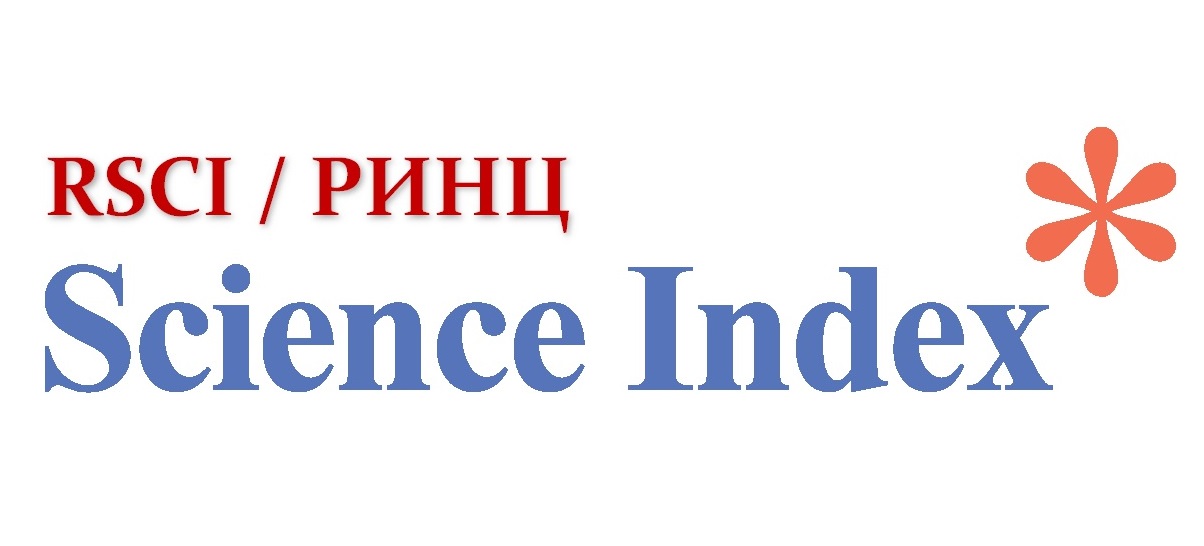Investigation of All-Inclusive System in Hotel Enterprises in Terms of Waste
Views: 259 / PDF downloads: 260
DOI:
https://doi.org/10.32523/2079-620X-2021-3-212-224Keywords:
All-Inclusive System, Waste, Food Waste, Unconscious Consumption, Reuse, Hotel Businesses, Tourism, Cost per Person, Employment, Advantage and Disadvantage, Customer Satisfaction, Qualified Personnel.Abstract
The purpose of the study is to reveal the advantages and disadvantages of all inclusive
systems in chain hotel enterprises. Descriptive analysis, one of the quantitative analysis methods,
was used in the study. The study was carried out at 23 Rixos chain hotels operating in 7
countries. The data were collected from the managers of the restaurant and kitchen departments
due to the issue of waste. Two questions were asked to managers: “what are the advantages of
the all-inclusive system” and “what are the disadvantages of the all-inclusive system”. Data
were collected in March-April 2019. Data obtained through interviews were used in the analysis.
According to the results, all-inclusive system has advantage to increase customer satisfaction
and to provide a waste reduction in hotels. Considering the disadvantages identified in the study
results, it can be said that the customers in the all-inclusive system are tend to unconscious
consumption in the hotel due to the fact that they have paid in advance and this in turn leads to
an increase in food waste.
Downloads
Downloads
Published
How to Cite
Issue
Section
License
Copyright (c) 2023 ECONOMIC SERIES OF THE BULLETIN OF L.N.GUMILYOV EURASIAN NATIONAL UNIVERSITY

This work is licensed under a Creative Commons Attribution-NonCommercial 4.0 International License.






